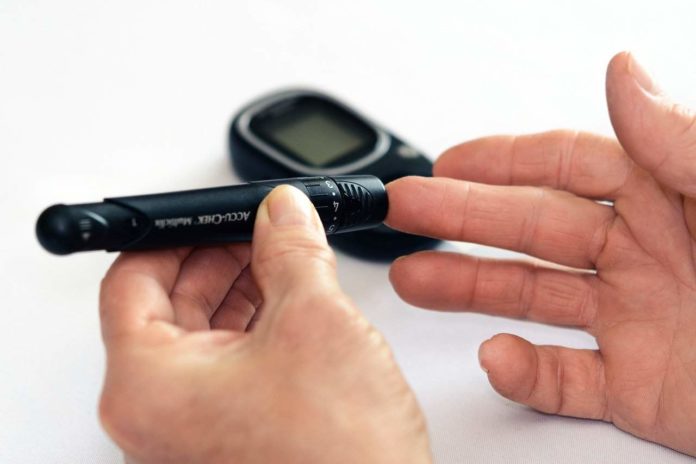If you have type 2 diabetes, your doctor has surely informed you that controlling your blood sugar is critical.
However, if you are diagnosed with type 1 diabetes, your pancreas’s insulin production ability rounds up to almost zero, and thus your cells stay devoid of the glucose they need.
This can lead to a build-up of sugar in your system.
When you have type 2 diabetes, which commonly develops in adulthood, your pancreas either doesn’t generate enough insulin or your body can’t use it effectively, resulting in high blood sugar.
Even though there is a Diabetes Curing Supplement in the market, you must find out the things that can spike your blood sugar so that you can avoid the unfortunate events that may lie ahead.
So, let’s find them out:
Table of Contents
Sleeping Pattern
You won’t only feel drowsy if you don’t get enough sleep. It also has an impact on your body’s ability to regulate and break down blood sugar.
Even one night of sleep deprivation causes your body to utilize insulin inefficiently. This can raise your blood sugar levels over what they should be.
In one study, healthy participants were asked to sleep for just 4 hours every night for 6 days. Their bodies’ ability to break down glucose was 40% weaker on average at the end of the trial.
According to doctors, when you fall asleep deeply, your nervous system slows down and your brain needs less blood sugar.
Skipping Meal
Breakfast is widely regarded as an important meal of the day which is may be particularly true for persons with type 2 diabetes.
Researchers examined the food consumption and blood sugar levels of 22 persons with type 2 diabetes for 2 days. The only change in food consumption between the two days was that one morning the subjects ate breakfast and the next morning they did not.
Their blood sugar levels were greater for the whole day on the day they skipped breakfast, according to the study.
Foregoing breakfast may impair the function of the pancreas’ beta cells, which create insulin.
Diet
One of the most essential things you can do to regulate your blood sugar, also known as blood glucose, is to keep track of what you consume.
This is due to the influence that carbohydrates, such as sugars and starches, may have on the body.
They’re fine to consume in moderation.
However, meals heavy in carbohydrates, such as white rice, pasta, and highly processed or fried foods, can cause blood sugar to spike. Bananas, for example, are also high in sugar, so don’t eat too many of them.
Stress
When you’re under a lot of stress, chemicals like cortisol and adrenaline are released. Your fight-or-flight reaction is activated. It makes your body react as though it’s being attacked.
To respond to the threat, your body consumes stored energy sources such as glucose and fat. When you have diabetes, insulin is unable to break down glucose in the cells, causing your blood glucose levels to increase.
Blood sugar levels might rise as a result of stress.
Exercise
Exercise is crucial in the treatment of type 2 diabetes. Physical exercise boosts insulin sensitivity and helps your cells eliminate glucose from the blood and use it for energy.
People with type 2 diabetes may be able to lessen their reliance on glucose-lowering medicine and insulin by exercising regularly.
Physical Inactivity, on the other hand, might cause blood sugar levels to increase. Blood sugar levels in healthy, regularly active people rise after just three days of reduced exercise.
Dental Hygiene
You’re more prone to have gum disease if you have diabetes. Furthermore, severe gum disease might make it more difficult to regulate your blood sugar.
Make sure you clean and floss your teeth every day, as well as rinse with an antimicrobial mouthwash.
Maintain regular dental checkups, work on controlling your blood sugar, and treat gum disease if you have it.
Certain Medications
Blood sugar levels can be raised by a variety of prescription medications, as well as several vitamins and supplements.
Corticosteroids, birth control pills, asthma medicine, antidepressants, and certain acne treatment are examples.
While the specific causes are unknown, research shows that changes in blood flow, as well as direct impacts on insulin release and receptors, might explain why high-pressure medicine can cause blood sugar to jump.
Final Takeaway
Hence, it’s critical to inform your doctor about all medications you’re taking, whether OTC or prescribed by another physician. They might be able to point you in the direction of a better blood sugar medicine.
Not only the medications but the other things that we’ve mentioned on this list are also avoidable so you must work on that too.
But, if you need more information on them, ping us in the comment section. We will get back to you with a reply shortly.














